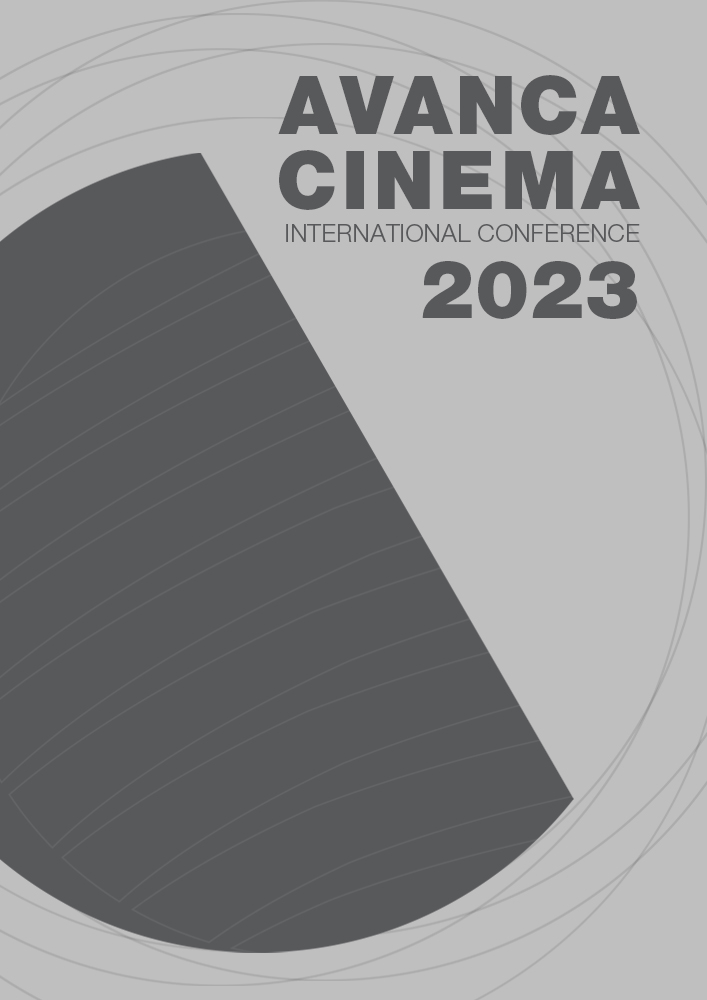Capítulo III _ Cine - Comunicación
Literacia fílmica com estudantes de multimédia no ensino superior: um estudo de caso
Resumen
This communication proposal is part of the topic of cinema and pedagogy, in Cinema-Communication.
In what Castells characterized as the information technology paradigm (Castells, 2011), the acquisition of media skills became key. From the Grunwald Declaration (UNESCO, 1982) to the Braga Declaration (2011), passing through the global reflection generated by the impacts of the pandemic, research in Media Education highlights media literacy as an essential competence (UNESCO, 2021) to the «exercise of an active and full citizenship» (EC 2009).
In this context, film literacy is one of its most important components, at a time when the world reaches «prosumer» students (Quiggin 2006) in a mostly audiovisual form (Reia-Baptista, 2014). Reinforcing the development of skills for decoding and interpreting audiovisual language (Lobo, 2015) cannot be done without knowledge of its construction over time, following the main forms of cinema history.
The pedagogical role of cinema (Moreira, 2017) is materialized in a series of instruments at the level of compulsory education (PNC, 2012; PNA, 2019). However, in higher education and outside the contexts of specifically cinematographic training, there is little literature regarding the implementation and evaluation of educational strategies for introducing film literacy in the curricula of different types of knowledge.
This case study describes the impact on students of the Filmology curricular unit, in the Degree in Multimedia Production in Education, at ESE de Santarém, framed by contemporary reflection on the importance of film literacy in higher education.
Referencias

Esta obra está bajo una licencia internacional Creative Commons Atribución 4.0.

